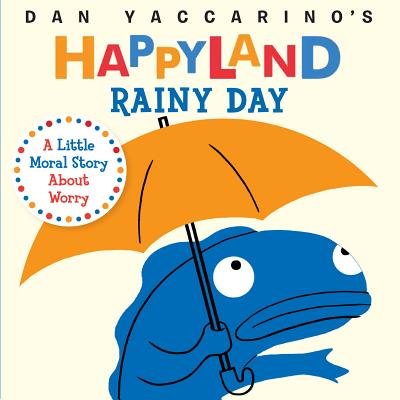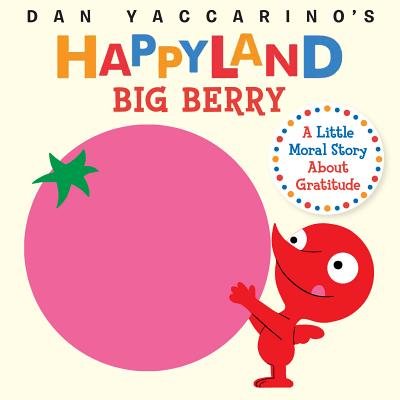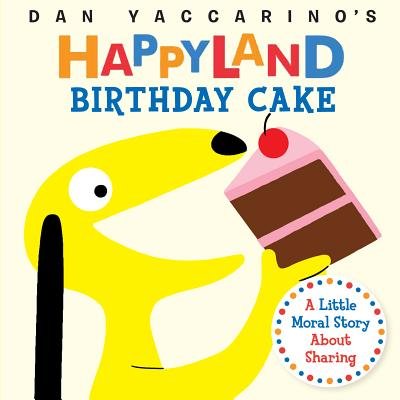How Board Books Help Kids Develop Emotional Intelligence
by Dan Yaccarino
You’ve probably heard the term “emotional intelligence,” or EQ, especially if you create work for kids or have a few children of your own. I’m a father, I’ve written and illustrated over 60 children’s books, and I’ve created, written, and produced children’s television — so emotional intelligence is something I consider in both my personal life and professional life. Emotional intelligence isn’t only having an awareness of one’s own feelings, but being aware of the feelings of others, too.
Children’s books are the first books most of us are exposed to, so children’s book authors and illustrators offer our first literary introductions to lessons in EQ — and these early lessons can last a lifetime! We may be less likely to remember the dozens of confusing (and similar sounding) names of the characters in that big Russian novel we read five years ago than the small details of a children’s book that was read to us when we were five. Even though it may be buried deep in our psyches and neural synapses, and no matter how many adult novels we’ve read since then, we retain what we encountered in books we read as children for the rest of our lives. So creating stories for kids is not only pretty awesome, but an awesome responsibility. (Take that War and Peace!)
I’ve always tried to be conscious of this when writing and illustrating my own books and working on my television shows. In my animated Nickelodeon preschool series “Oswald,” I made a point of making sure the characters, especially Oswald himself, exhibited not only kindness, but empathy for those around them. And in Unlovable, my book about a friendless pug named Alfred, I made sure to highlight not only his nemesis’s lack of empathy, but his eventual comeuppance for his behavior. However, nowhere in my work has EQ been more prominent than in my new board book series, Happyland, which was specially created for very young children.
Since the Happyland series is for preschoolers (they are my people!), the books present the characters and stories in a simple and straightforward way. There are three primary characters: Bink, who represents emotion; Glub-Glub who represents intellect; and Clyde (I always wanted to create a character named Clyde), who represents spirituality. Each book offers a moral story rooted in the characters’ relationships, revolving around specific topics such as gratitude, sharing, and worrying. As I did with Oswald, I strove for Bink, Glub-Glub, and Clyde to identify their own feelings and be cognizant of others. The stories are a catalyst for the characters’ emotions, and I hope they will also be a catalyst for conversations.
My goal for these board books is to get a dialogue going between adult and child about emotions, their own as well as others’, in order to nurture a sense of empathy. It’s always easier to discuss someone else’s feelings rather than your own, even if it’s the feelings of a grumpy blue fish named Glub-Glub. My hope is that the reader (encouraged by the adult) will connect the actions, words, and emotions of the characters to their own real life experiences, and nurture a sense of empathy. After all, if empathy is cultivated early on in children, then it could lead to relating peacefully to others as adults, which could have an effect on our world. (So there, Tolstoy. Try writing a board book!)
As human beings, I think we’re all hardwired to experience another’s emotions. It’s in our operating system. However, like anything worthwhile, it needs to be nurtured and I believe an excellent way to do this is through being the example for children to follow. You want the next generation to be kind, generous, and empathetic? Be the kind, generous, and empathetic adult you want them to be. Take every opportunity to help children identify their feelings and the feelings of others — and what better way to do that than through reading together? Books provide a great way to explore emotions. It’s that simple.
Now back to trying to remember what happened in the last chapter I read of War and Peace…
-
Books in the Happyland Series:
-






